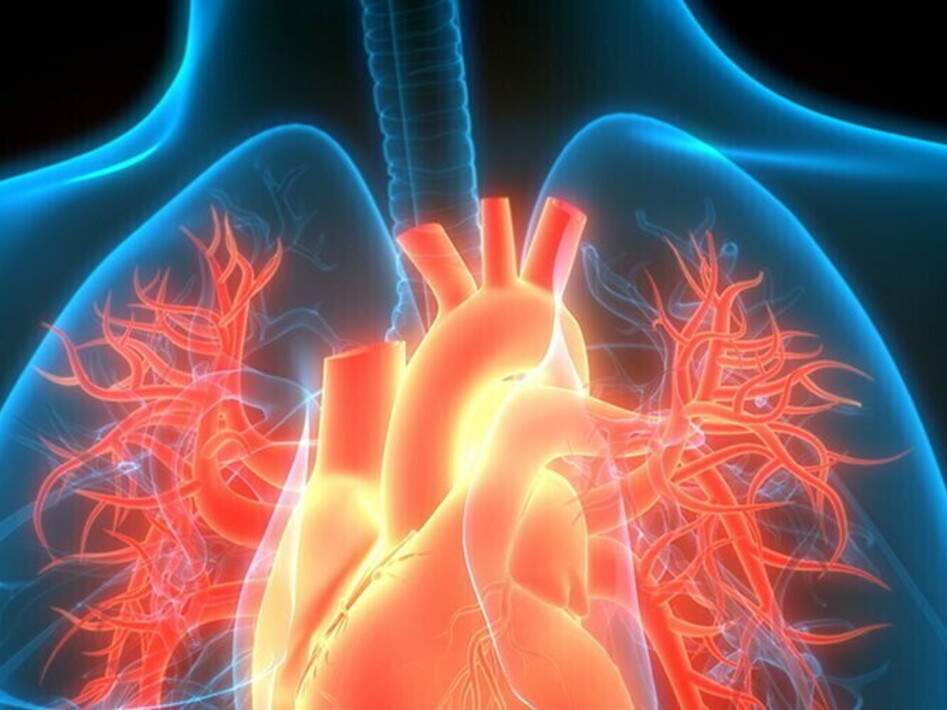The beat of emotions
10 December 2024

The heart is the only organ we can directly sense. We feel it beating steadily when we rest our head on a pillow before falling asleep, notice it speeding up during a run or when we’re excited, and even feel it "in our throat" when emotions overwhelm us. For this reason, even before the brain, the heart was thought to be the seat of emotions—it reacts to and mirrors our emotional state. This incredible organ, about the size of a fist, is the powerhouse of our circulatory system. It pumps oxygenated blood throughout the body, tirelessly, without stopping... thankfully! But how many times does our heart beat in a day, a year, or even a lifetime? Heart rate, measured in beats per minute (BPM), varies depending on many factors. For instance, the intervals between heartbeats naturally slow down and speed up by about 100 milliseconds with each breath we take. For a healthy adult at rest, heart rate typically ranges from 60 to 100 BPM. The average daily heart rate, accounting for various activities, usually falls between 55 and 85 BPM. Newborns, on the other hand, have a higher resting heart rate, from 70 to 190 BPM, to meet the energy demands of their faster metabolism and rapidly growing bodies. As we age, heart rate generally slows down. Under "normal" conditions—meaning no illnesses affecting heart rate—how many times does the heart beat in an entire lifetime? A person with an average resting heart rate of 70 BPM would have about 100,800 beats in a day, 36.8 million in a year, and an astonishing 2.85 billion beats over a lifetime. What an incredible number!



